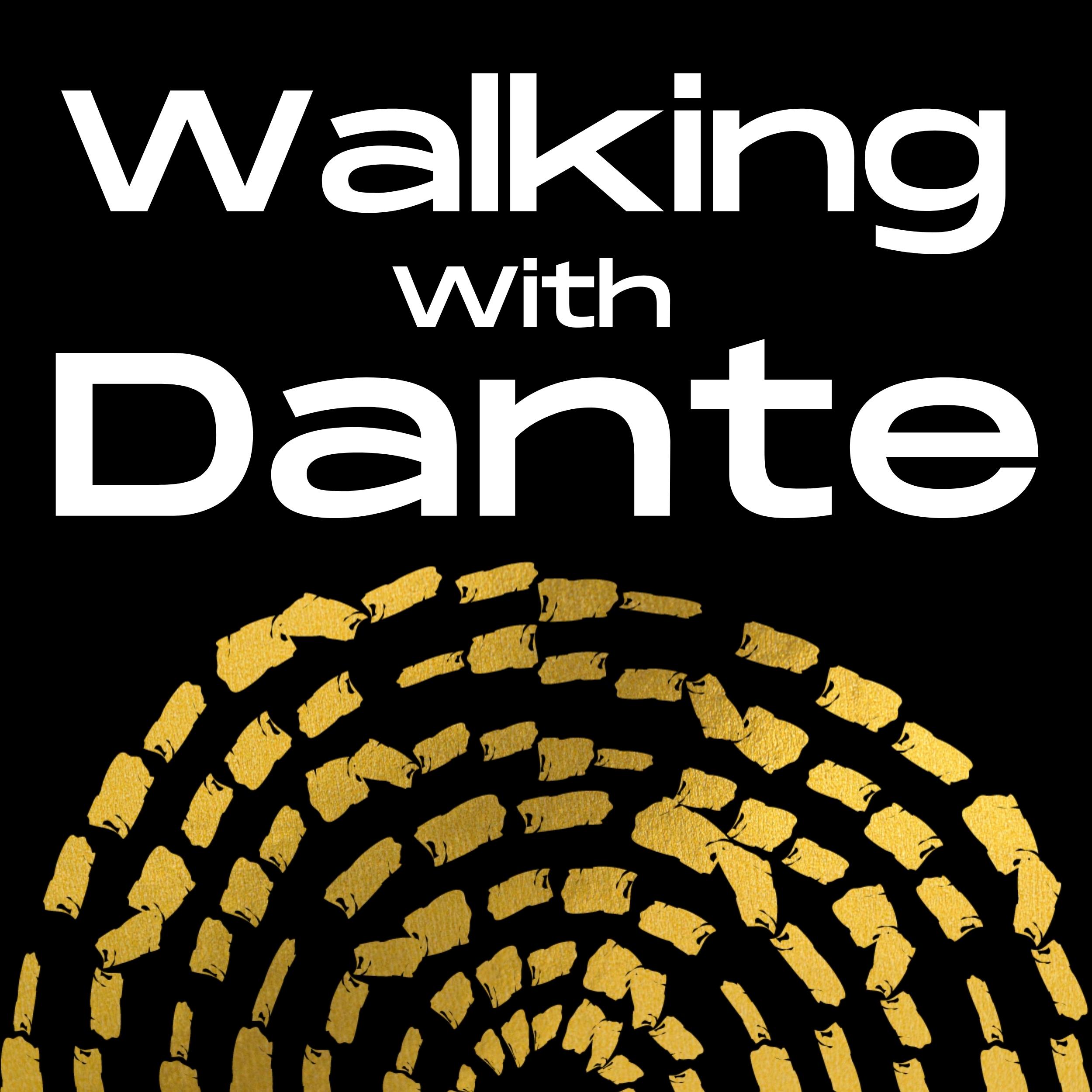Greeting The Wrathful And Slowly Changing COMEDY Itself: PURGATORIO, Canto XVI, Lines 25 - 51
Description
Wrapped in the dark, acrid smoke, Dante encounters one of the angry penitents and one of the most seminal figures in COMEDY, here at almost the exact center of the entire poem.
Join me, Mark Scarbrough, as we work through the pilgrim's flatteries, the penitent's abrupt nature, and the questions of beauty that begin to dominate COMEDY itself.
Here are the segments for this episode of WALKING WITH DANTE:
[02:10] My English translation of the passage: PURGATORIO, Canto XVI, lines 25 - 51. If you'd like to read along or continue the discussion with me, please find this episode on my website, markscarbrough.com.
[04:35] Is Marco still angry? Abrupt? What his deal with cutting and segmenting?
[08:21] Virgil is all about the destination in a canticle all about process.
[10:31] Dante the pilgrim is becoming the wonder of the poem. And he's beginning to connect beauty with ethics.
[14:57] At first, Marco probably is walking toward (not with) Dante and Virgil.
[17:19] Dante's answer to Marco seems to indicate that he now is indeed Aeneas and Paul (as opposed to how he felt in INFERNO, Canto II).
[21:20] The erratic plotting of PURGATORIO positions this canticle between INFERNO and PARADISO.
[25:05] Who is Marco of Lombardy? And is that even his name?
[27:06] Marco of Lombardy is connected to Ulysses (from INFERNO, Canto XXVI).
[29:28] Marco asks Dante the pilgrim to pray for him, a distinct change from those who've come before.
[31:14] Rereading the passage: PURGATORIO, Canto XVI, lines 25 - 51.
More Episodes
We've come to the middle of PURGATORIO . . . and indeed the middle of COMEDY as a whole. Let's take a breather and review where we've been in Purgatory since our very slow approach sometimes (or often?) causes us to privilege the trees over the forest.
Join me, Mark Scarbrough, as I walk you...
Published 11/20/24
Published 11/20/24
We come to the end of Virgil's (first) discourse on love, as well as the end of the central canto of PURGATORIO.
But it's a strange end since Virgil admits to what he doesn't know. Having been so certain about how human behavior operates, he concludes by telling Dante the pilgrim he's on his own...
Published 11/17/24


